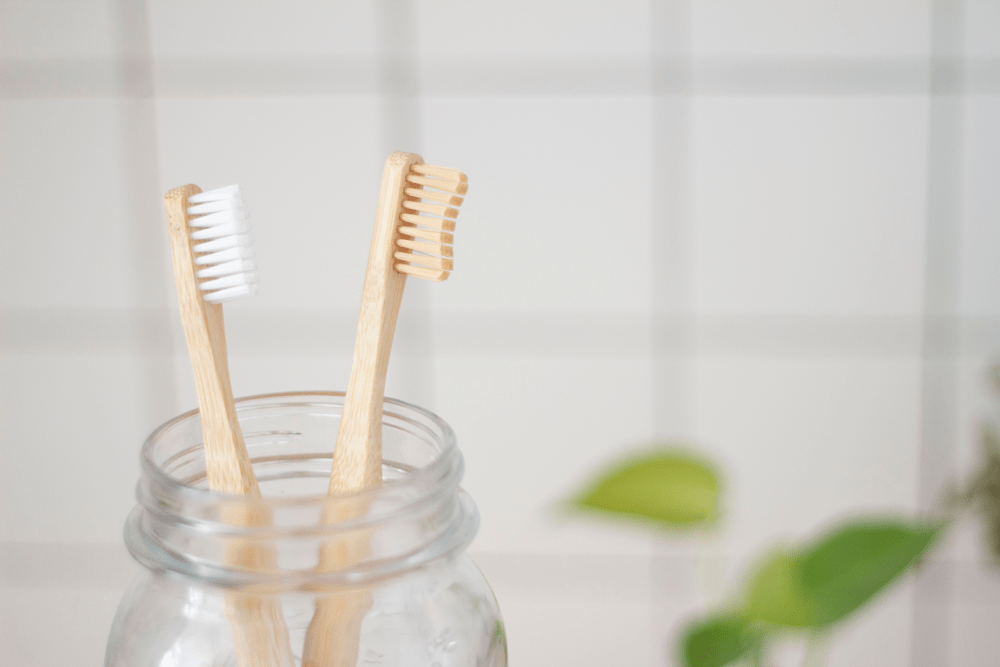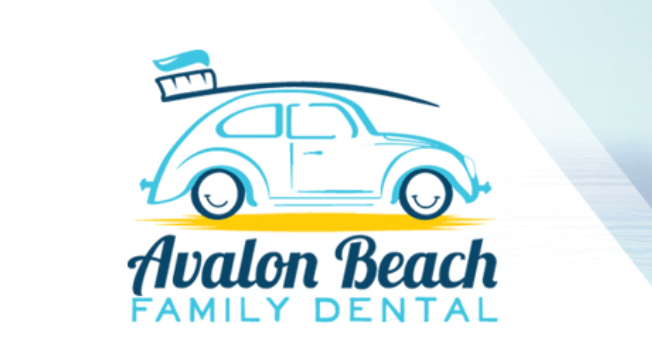Full name: Astrid Kylstra
Qualification: Bachelor of Dental Science (Hons) Qld
Q – How long have you been a practicing Dentist?
A – I graduated in 1994, so I have been practicing for a long time!!
Q – Do you often treat children in the preschool or early schooling years?
A – Yes!! We love to see young children and guide them in the best ways to brush and to help teach them which foods are good for their teeth and which foods are not! We don’t actually enjoy “treating” young children, and by that I mean doing a filling.The problems arise when there are cavities present in children under 7 years old because they are often quite difficult to treat in the chair. So, it may mean a GA is required and specialist treatment.This is especially the case if multiple fillings are required. If there is only one cavity, it is possible to treat in the chair , but if the child is still quite young it can traumatise them for any future dental treatment no matter how pleasant the initial experience is.
There can be the attitude by some parents that the child is “going to lose these teeth anyway” but the last baby tooth can actually be lost as late as 14 years old , and if a cavity progresses to an acute abscess, it can be extremely painful and potentially life threatening!
There certainly seems to be an increase in sugar consumption, so even with fluoride in the water , there seems to be an increase in decay in young children. There also seems to be an increase in snacking throughout the day and a diet heavy in carbohydrates eg rice crackers which are fundamentally broken down to simple sugars in the mouth. They break down into a form of carbohydrate “glue” that also stay around the teeth for a long period of time.

Q – Over recent years, have you witnessed any new trends or changes concerning age-appropriate development, during your dealings with preschool aged children?
A – There seems to be a rise in a condition called “Molar Incisor Hypomineralisation” which effects the enamel formation in the baby molars and 6 yr old adult molars and less commonly, the adult incisors .We are still not sure the exact cause of this but it seems to be linked to multiple factors such as premature birth, repeated respiratory infections in the first year of life or any condition which has caused a temperature spike in either the mother in late pregnancy or the baby in the first 6-12 months. This defective enamel can predispose these teeth to large cavities, or extreme sensitivity.
Q – Are there particular areas you’d recommend that families should be focusing on with preschool aged children to prevent issues in future?
A – There is a definite need to watch sugar consumption! This includes the consumption of fruit, fruit juices bread and crackers. Baby teeth have a much thinner outer enamel shell, so cavities can occur reasonably easily and get bigger and closer to the nerve of the tooth at a faster rate. Cavities also tend to occur predominantly between the baby molars so it is very important to clean the plaque from between the teeth at least 3x/ week (and more often if there is a lot of sugar consumed). Flossettes are very easy to use in smaller kids and then they can easily learn how to use them as well.
It is important to keep the fluoride level low in toothpaste while you are unsure if they are spitting it out. Once you are confident that toothpaste is not being swallowed, you can progress to the “6years and over” toothpaste. It is unwise to completely limit Fluoride as it still has a very important topical effect, and completely limiting it (eg drinking filtered water and using non- fluoridated toothpaste) can result in multiple cavities!

Q – Do you have any tips or advice for making teeth brushing fun for children?
A – There are many apps that can be used to help make brushing more fun eg/ Colgate has multiple apps designed for kids, and Macleans and even The Wiggles have a tooth brushing app. There are also many Toothbrush Timer apps to browse through. Playing a favourite song that is at least 2 minutes long can also be helpful, and using an electric toothbrush branded with your child’s favourite character. You can even put stickers on a non branded version. These brushes tend to be slightly better quality and even have a smaller toothbrush head which can be better in a smaller mouth!
Oral B has an electric toothbrush that connects to Bluetooth and can give you immediate feedback on your brushing!
Q – If, as an Educator or parent, you have concerns about the development of a child in your care, what’s the best course of action?
A – I would communicate with the parent or carer and advise a check up.
Astrid is based at Avalon Beach Family Dental on Sydney’s Northern Beaches, if you’re a local looking for a child friendly dental practice. Thanks so much for your great suggestions and expertise Astrid! Oral care for our little ones is important.

Follow along on our social pages to ensure you don’t miss out on all of the Kinderloop tips & hints, and learn about our new features!
Facebook
Instagram
